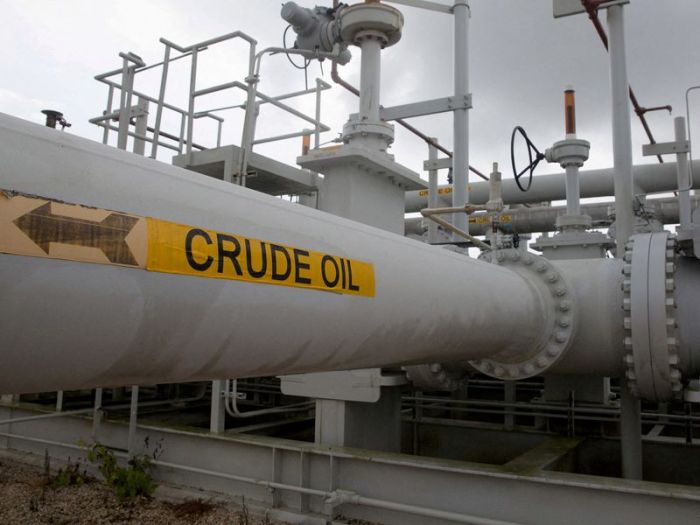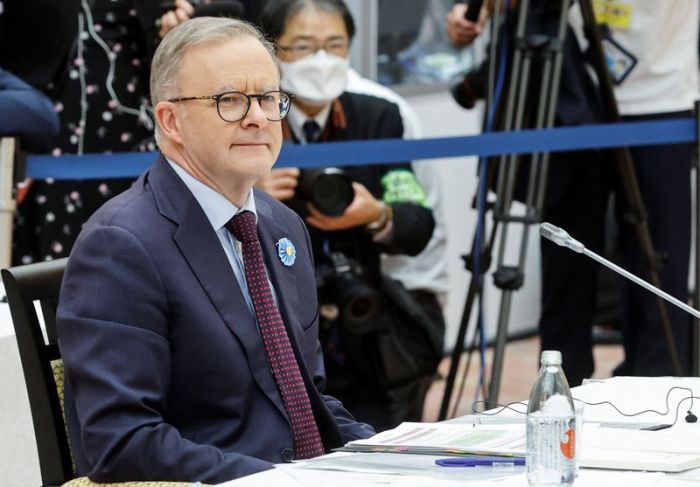BEIJING (Reuters) -China will broaden tax credit rebates, postpone social security payments and loan repayments, roll out new investment projects and take other steps to support the economy, the official Xinhua news agency quoted the cabinet as saying on Monday.
Chinese policymakers have pledged to step up support for the world’s second-biggest economy, hit by COVID-19 outbreaks that have prompted stringent restrictions, disrupting supply chains and hitting production and consumption.
China aims to bring its economic operations back onto a normal track with a package of targeted, forceful and effective measures, the cabinet said.
“At present, the downward pressure on the economy continues to increase and it’s very difficult for many market entities,” the cabinet was quoted as saying after a regular meeting.
Many private-sector economists expect the economy to shrink this quarter from a year earlier, compared with the first quarter’s 4.8% growth.
Among the new steps, the government will provide tax credit rebates to more sectors and increase annual tax cuts by more than 140 billion yuan ($21 billion) overall to 2.64 trillion yuan, the cabinet was quoted as saying.
China will also reduce some passenger car purchase taxes by 60 billion yuan, state media said.
Authorities will postpone social security payments, including pension insurance premium payments, by small firms, individual businesses and some severely distressed sectors until the end of this year, the cabinet said.
The deferred payments are expected to reach 320 billion yuan this year, it added.
China will add 150 billion yuan in emergency loans for the ailing aviation sector and support the sector to issue 200 billion yuan in bonds, alongside a move to issue 300 billion yuan in bonds to fund railway construction, the cabinet said.
MORE STIMULUS STEPS SEEN IN PIPELINE
Last week, China cut its benchmark reference rate for mortgages by an unexpectedly wide margin, its second reduction this year as Beijing seeks to revive the ailing housing sector to prop up the economy.
Analysts expect more stimulus steps, such as the potential issuance of special treasury bonds to fund fiscal outlays, and more measures to bolster consumption in the rest of the year.
“The government will continue to roll out stimulus packages in the second half of this year, through both monetary and fiscal channels,” Zhu Ning, professor at the Shanghai Advanced Institute of Finance at Shanghai Jiao Tong University, told Reuters at the annual meeting of the World Economic Forum in Davos.
“There are still a lot of options in the policymakers’ toolbox.”
The cabinet was quoted as saying that banks would also postpone repayments of some loans, including auto and consumer loans, by small firms and individuals in difficulties.
The national financing guarantee fund will boost its businesses by over 1 trillion yuan this year, it added.
China will also launch a number of new projects in water conservancy, transport, and urban shantytown renovation, and will kick off some new energy projects, the cabinet said.
The cabinet also pledged to increase domestic and international passenger flights in an orderly way.
($1 = 6.6470 Chinese yuan renminbi)
(Reporting by Kevin Yao and Beijing newsrooom; Additional reporting by Divya Chowdhury in Davos, editing by Philippa Fletcher, Tomasz Janowski and Hugh Lawson)























